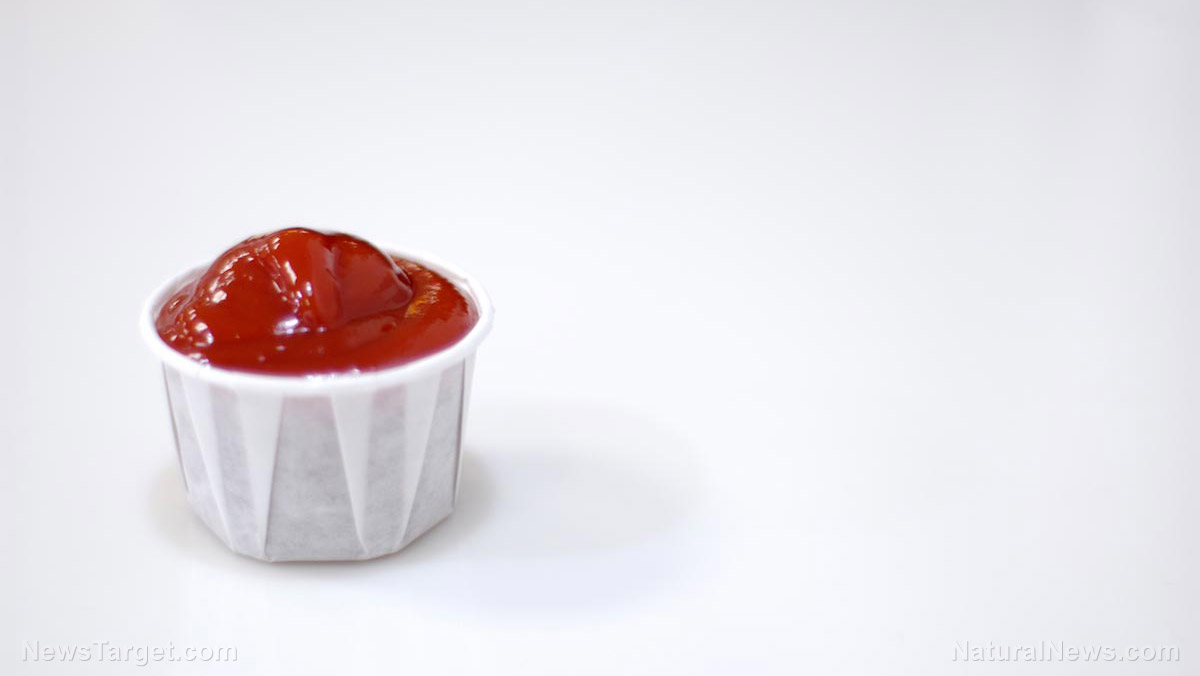Glitter sunscreen harms both you and the environment, warn experts
09/07/2021 / By Joven Gray

Experts are warning people against using sunscreen, especially those mixed with glitter, as it poses a huge threat to bodies of water. This is the latest in a string of controversies regarding the use of sunscreen.
Many people think that bringing sunscreen to the beach is a must-have since it reportedly protects the skin from damage under the heat of the sun. This is why companies often look for ways to develop the product and make it more attractive to buyers. A recent development is “glitter sunscreen” — a new form of sunscreen that made waves during its initial release, with one brand selling out its first batch in three hours.
Sunscreens carry harmful chemicals
However, recent studies have shown that sunscreen can negatively impact the environment, as it threatens bodies of water with contamination. Even before the arrival of the glittered sunscreen, sunscreen has been known to harm marine organisms in some of the world’s finest swimming and diving spots.
In fact, a study published in 2008 found that oxybenzone and octinoxate — two chemicals that are found in sunscreen — can cause coral bleaching. This is the condition where coral reefs lose their colors and become white. When this happens, the reefs die and the marine ecosystem will be affected. Moreover, in 2015, when environmental experts surveyed sunscreen levels in the waters of Hanauma Bay in Oahu, they found out that an average of 412 pounds of the chemical is deposited in the area daily.
Researchers also took a look at Trunk Bay in the U.S. Virgin Islands and discovered that over 6,000 pounds of sunscreen are deposited to the reefs in the area annually. Overall, an estimated 14,000 tons of sunscreen end up in the coral reefs around the world every year.

And with the rise of glittered sunscreen, there is more cause of concern for bodies of water.
According to Environmental Working Group senior analyst Sonya Lunder, the waters will wash the glitters off the swimmers and will mix with it, which can cause contamination.
“I hate to hate on glitter, since it seems like harmless fun, but some of it will inevitably wash or rub off and persist in the environment,” Lunder said.
Once an enormous amount of glitters have infiltrated bodies of water, it will also harm animals and increase water turbidity, according to Haereticus Environmental Laboratory executive director Craig Downs.
“This plastic pollution is really bad because it will be swallowed by fish, sea turtles, whale, et cetera and end up in their guts. That could either outright kill the organism that swallowed it or cause a chronic intestinal inflammation – which in the wild is good as dead,” Downs said.
Move to ban sunscreen
This is why in 2018, Hawaii moved towards environmental conservation and passed a bill banning sunscreen with oxybenzone and octinoxate. Sunscreen isn’t only the pollutant that puts the reefs in danger, but the state government believes that banning the use of skin protection is one step towards saving the marine ecosystem.
“Hawaii’s reefs have been slowly dying over the past 20 years, and that death spiral has been accelerating with the impact of an El Niño-induced mass bleaching events and increased local pollution impacts from both tourism and development,” Downs told the New York Times.
“Everyone has come together to support this legislation, from local nurses and doctors, to resorts and airlines, as well as the entrepreneurial spirit of new sunscreen companies to supply reef-safer products,” he added.
Visit Environ.news to learn more about the dangers of sunscreen.
Sources Include:
Tagged Under:





















